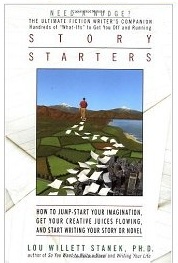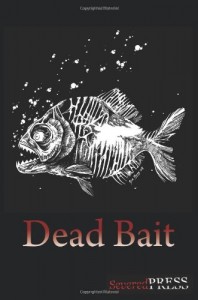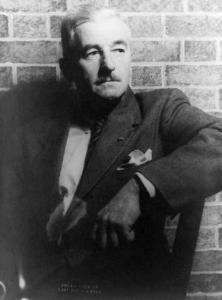Today’ s question: should you write for your
s question: should you write for your  heart or for the market? (Doesn’t it always come down to love or money?) Beginning writers often ask this, invariably because what they want to write (what their heart is telling them to write) is not selling in the marketplace. Moreover, when they look at what is selling, they see only cookie-cutter books in neat, well-defined genres, which are not the type of thing they wish to write.
heart or for the market? (Doesn’t it always come down to love or money?) Beginning writers often ask this, invariably because what they want to write (what their heart is telling them to write) is not selling in the marketplace. Moreover, when they look at what is selling, they see only cookie-cutter books in neat, well-defined genres, which are not the type of thing they wish to write.
Ideally, of course, the two are the same—what you want to write is exactly the sort of story that’s selling. Even better is to anticipate the market, to be writing now what the market will soon want, but doesn’t know it wants yet.
Most often, however, your heart is tugging you away from what readers want. And that takes us back to the question. Should you plug along, scribbling words you enjoy that will never be read, or compromise your integrity and crank out prolefeed for the masses, hating yourself for it every minute?
For short story writers like me, the answer is yes…do both. Short stories are small enough investments in time that you can write some tales for the sheer fun of it, and others that are more conventional and salable.
You may find yourself facing the same choice at two different times with the same story. Say you choose your heart and write your tale the way you want to, markets be damned. That certainly keeps your integrity intact and you feel good about that. Then you submit for publication and the editor likes the story but suggests significant changes to make it more salable. Now you’re faced with a decision again—twist the story you love all out of shape to satisfy readers, or keep your writing pure and visible only to those who inhabit your desk drawer?
As we further examine the heart-or-market question, it’s important to go back to your own goals as a writer. Do you write for the money or do you write because something inside says you must? If the answer is nearer one extreme than the other, that may help decide which path to pursue. Trouble is, you might have two equal goals and that just puts you right back on the horns of the dilemma.
One thing to bear in mind as you hone your writing talent is that both the market and your heart are moving things. We know that reader’s tastes change, and the next hot fiction trend may veer toward the stories you love writing but couldn’t previously sell. In the same manner (though harder to believe) your own tastes in writing may change. Once your muse gets bored, you never know what oddball ideas she may whisper to you next. You could end up writing in a genre you had sworn you’d never condescend to.
If both your heart and the market are changing, then at some point they may approach very closely, and you’ll find yourself enjoying writing for the market. When that happens, ride the wave as long as possible!
I can’t answer the question for you, but perhaps I’ve provided some factors to consider as you resolve the quandary for yourself. Look at it this way–what would writing be without some kind of internal battle, some titanic inner war over the course of the soul? As always, Dear Beginning Writer, your lonely struggles are appreciated and acknowledged by–
Poseidon’s Scribe
















